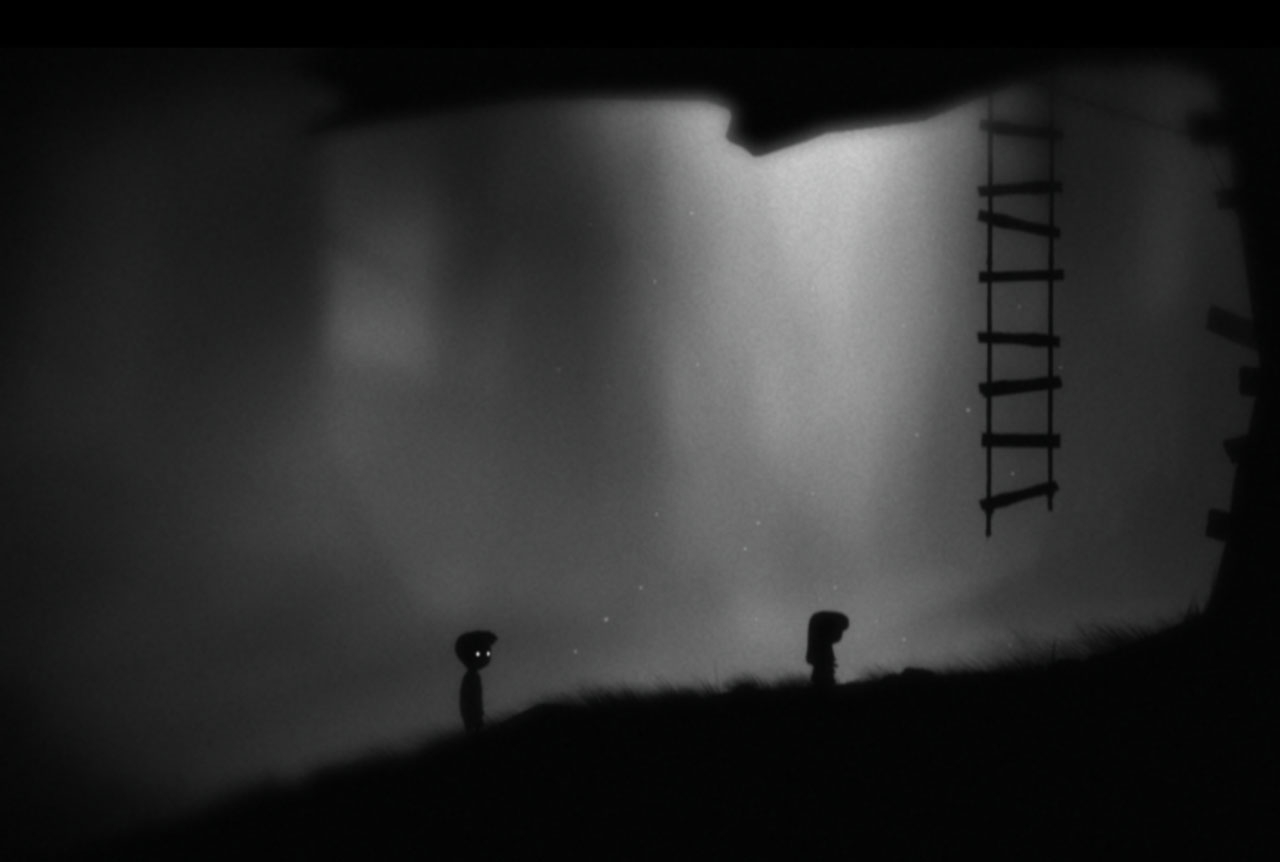Motion Sequence
Every passage moves in stages—preparation, disruption, immersion, and release. We focus on control under pressure, precision in distortion, and finding stillness where chaos once lived. In LIMBO, each segment is crafted to unsettle your expectations and force a transformation in the way you perceive movement and space. Preparation begins subtly—you enter a new environment that offers little to no context, only fragments of light, shifting sound, and the oppressive weight of silence. These quiet beginnings demand attention; even the stillness feels loaded with potential danger. Then comes disruption—something fractures the calm: a sudden shift in terrain, a trap you didn’t see, a sound that warns of something unseen. This stage doesn’t just break your rhythm—it redefines it. You’re forced to abandon assumptions and respond in real time, recalibrating with every failed attempt. Immersion follows. You become entangled in the mechanics of the space, learning its language of cause and effect. It’s here that your awareness sharpens, your reactions become instinctual, and your presence feels fully tethered to the world around you. LIMBO doesn’t reward brute force—it rewards subtlety, timing, and calm under pressure. And then, just as the tension reaches its peak, you find release. Not freedom in the traditional sense, but a fragile sense of completion—a temporary breath before the next descent. This structure repeats throughout the game, each cycle becoming more refined, more intense, more revealing. Precision is demanded not just in jumps and movement, but in how you process the world’s shifting logic. Control becomes your anchor in scenes where gravity reverses or light distorts reality. You’ll find yourself holding still in moments where action would mean death, and moving quickly through spaces where delay ensures failure. In the chaos, clarity emerges—not as comfort, but as mastery. Every passage is a meditation on tension, a slow unraveling of how to remain focused when everything around you is designed to fracture your control. In LIMBO, peace is earned one motion at a time.
Trace the Timing